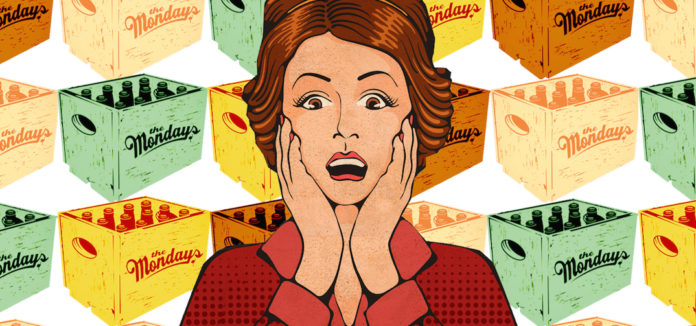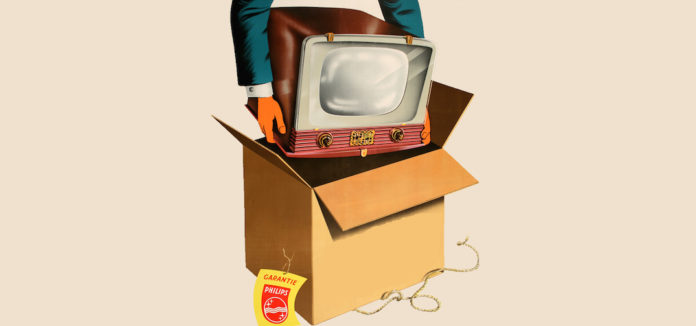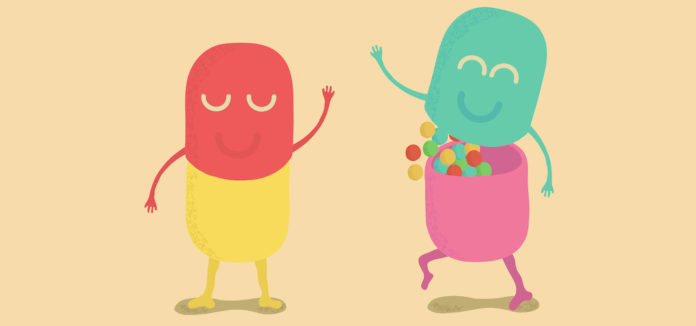Can a role model really make a difference? Absolutely. Having someone to look up to who models positive behavior builds resilience. Studies show that adolescents with an identifiable role model have higher grades and greater self-esteem than those who don’t.
The following example highlights just how powerful and inspiring a role model can be.
In 2009 Michelle Obama visited the Elizabeth Garrett Anderson (EGA) school, a London public school for girls, many of who come from low-income families. Mrs. Obama didn’t give a generic speech about being a good student. Instead she spoke to the girls about her own experience growing up in a poor neighborhood in Chicago with few options. She talked about how she overcame challenges and made school a priority. Through hard work, she told them how she found a way out and made it to Princeton, to Harvard Law School and ultimately landed a job at a prestigious law firm.
In her words:
…there was nothing in my story that would land me here. I wasn’t raised with wealth or resources or any social standing to speak of. If you want to know the reason why I’m standing here, it’s because of education. I never cut class. I liked being smart. I loved being on time. I loved getting my work done. I thought being smart was cooler than anything in the world.
Mrs. Obama kept in touch. Two years later she met with the same students at Oxford and told them, “it’s important that you know this – all of us believe that you belong here.”
The students took Mrs. Obama’s inspirational message to heart. Following their interaction with the First Lady, their academic performance significantly improved. The girls did much better than their peers across London suggesting the results were specific to EGA (Elizabeth Garrett Anderson). Economist Simon Burgess analyzed exam results and found dramatic improvement in test scores that could not be explained by any other interventions at the school. Of course it is possible that it was just a coincidence or that the teachers did something different with the class but Mr. Burgess thinks otherwise:
The bulk of the evidence reported here supports the idea that GCSE (General Certificate of Secondary Education—an exam taken in the equivalent of 11th grade) performance at EGA improved substantially following Michelle Obama’s visits.
Mrs. Obama’s inspiration story boosted the students’ belief in their own potential and capacity to succeed. As Burgess concludes, an “I did this, you can too” can be a powerful message indeed.
I wish you all the best,
Dr. Samantha Boardman







